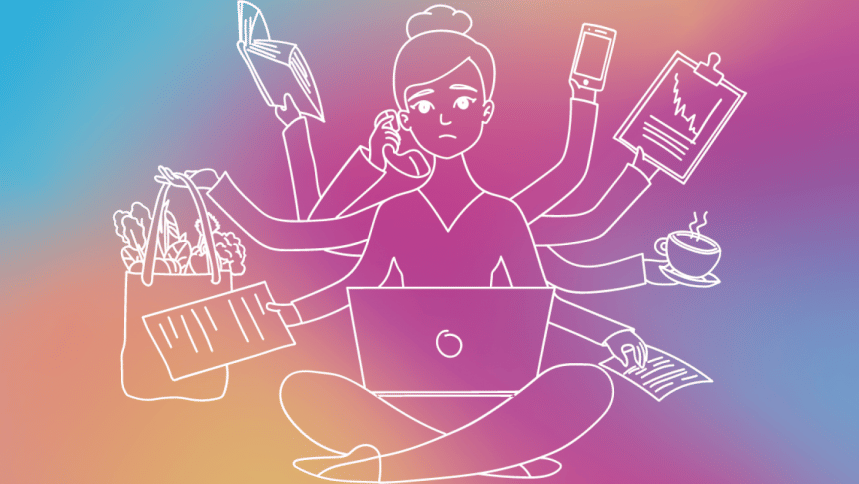Understanding mom burnout

Motherhood is often romanticised as a fulfilling and joyful experience, but in reality, it can be an overwhelming and exhausting journey. Mothers have to juggle multiple responsibilities, including caring for their children, managing their household, and sometimes even working outside the home. While some may assume that mothers are lazy if they are not able to keep up with all these tasks, the truth is that they are not at all lazy, but rather exhausted and in dire need of support.
One of the main reasons why mothers are often exhausted is the sheer amount of work they have to do. Taking care of children is a full-time job, with no breaks or holidays. From feeding and bathing to helping with homework and driving them to various activities, mothers have to be constantly available and attentive to their children's needs.
In addition to this, they also have to manage their household chores such as cooking, cleaning, and laundry. All these tasks require physical and mental energy, and mothers often end up feeling drained and exhausted.
Another reason why mothers are in desperate need of help, is the lack of support they receive. Motherhood can be an isolating experience, and many mothers feel like they have to do everything on their own. They may not have access to reliable childcare, or they may not have family or friends nearby to help out. Moreover, some workplaces do not offer flexible working hours or parental leave, making it difficult for mothers to balance their work and family responsibilities.
Without adequate support, mothers may feel overwhelmed and burnt out, which can affect their mental health and well-being. It is important to acknowledge the challenges that mothers face and provide them with the support they need. This can include providing access to affordable childcare, offering flexible working hours, and creating a supportive community of family and friends.
It is also important to recognise and value the work that mothers do. Often, the work that mothers do is unpaid and undervalued, but it is crucial for the well-being of their families and society as a whole. By recognising and valuing this work, we can help to reduce the stigma and stereotypes around motherhood and create a more supportive and inclusive society. By doing this, we can create a more equitable and compassionate society, where mothers are valued and appreciated for their contributions.

 For all latest news, follow The Daily Star's Google News channel.
For all latest news, follow The Daily Star's Google News channel. 








Comments